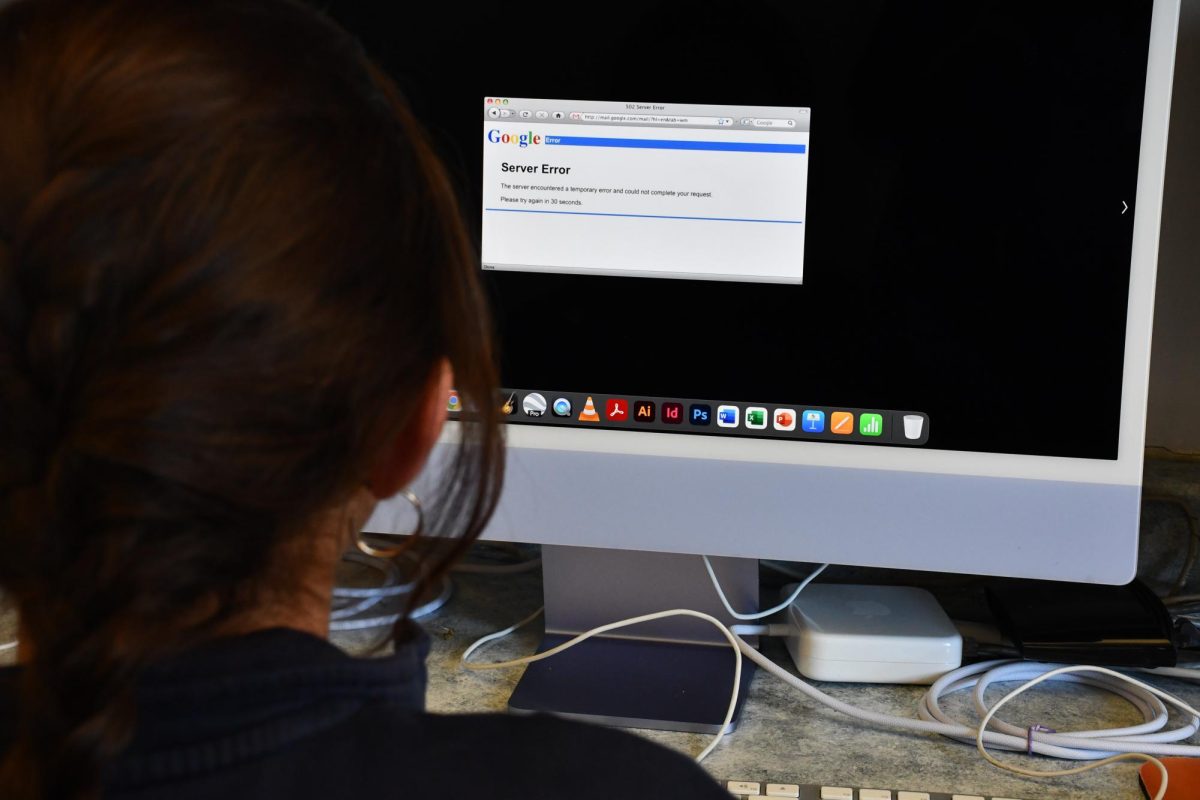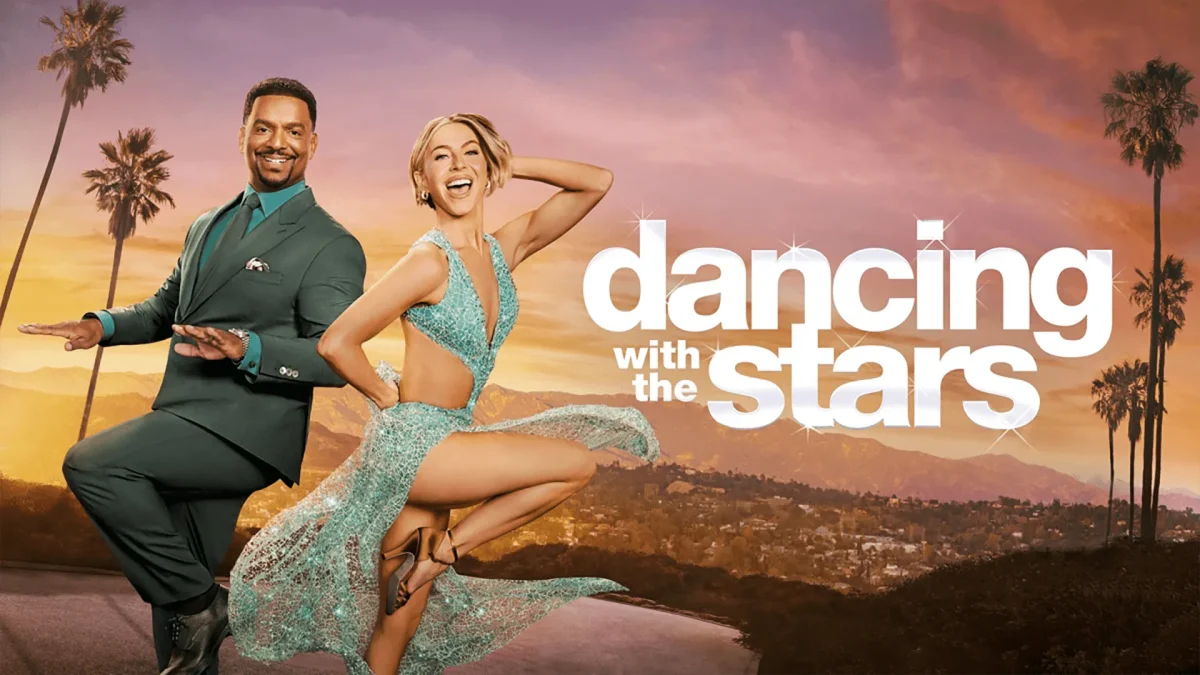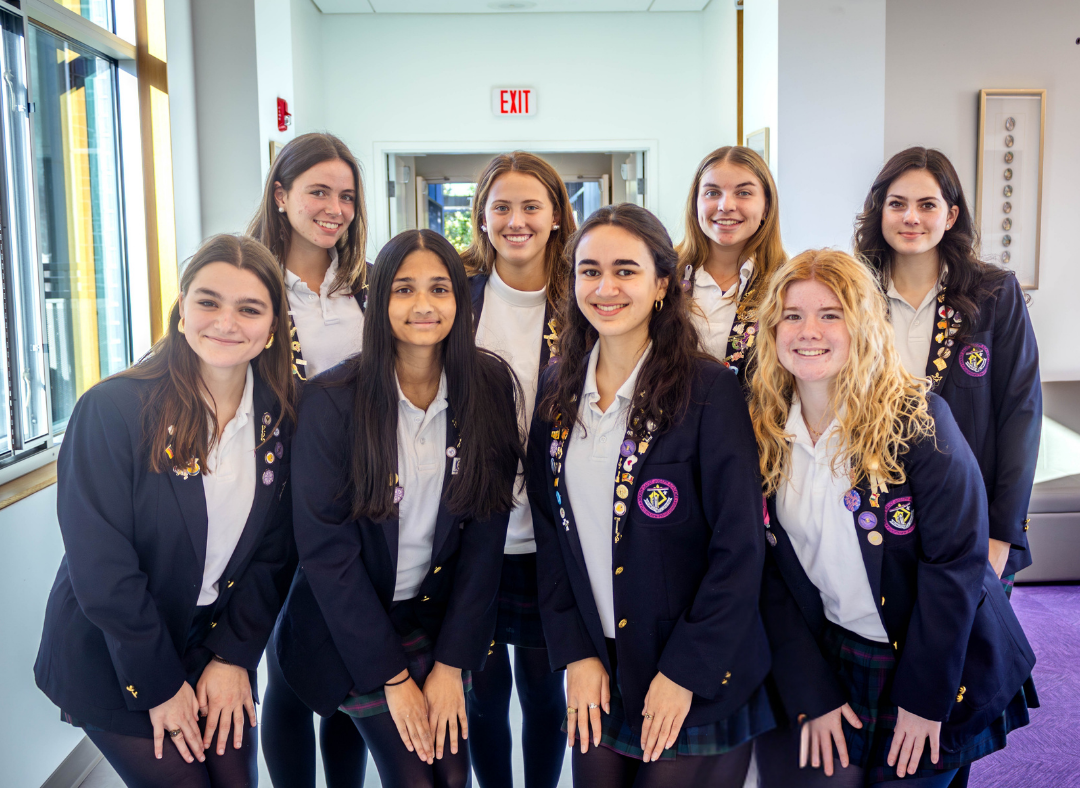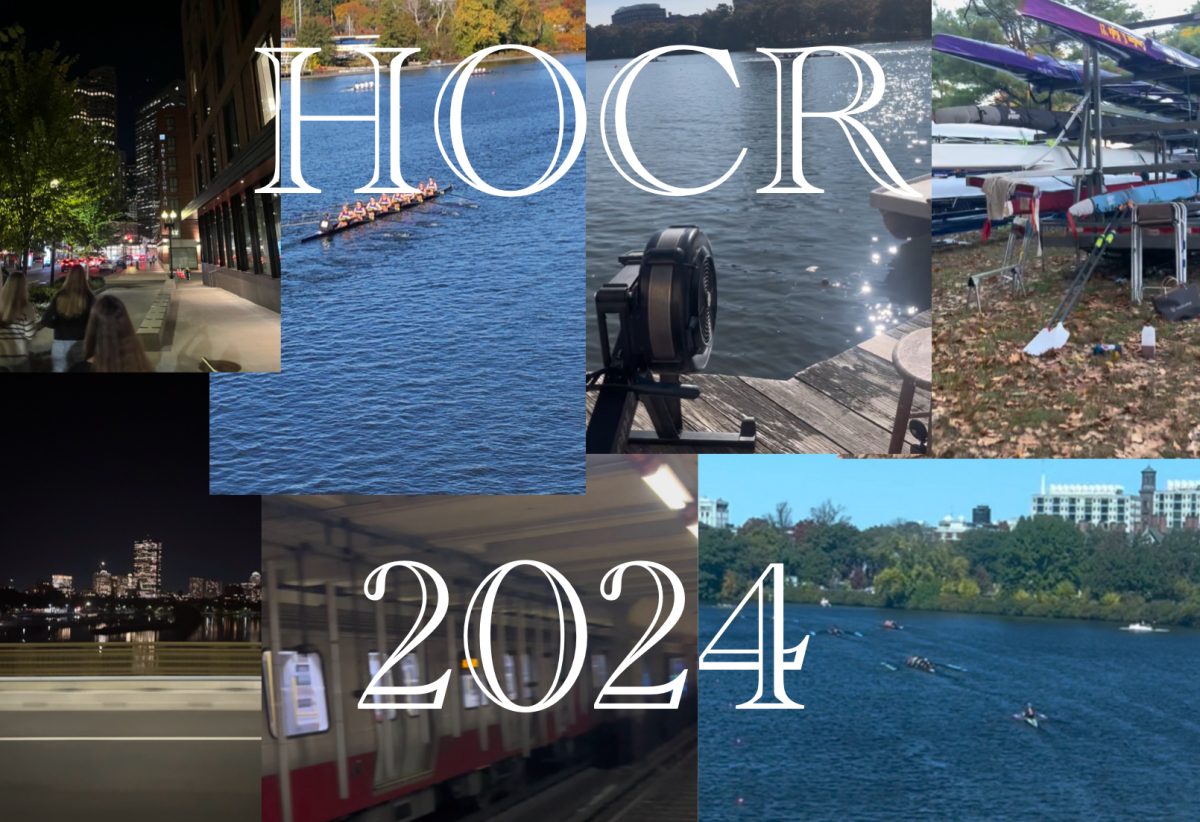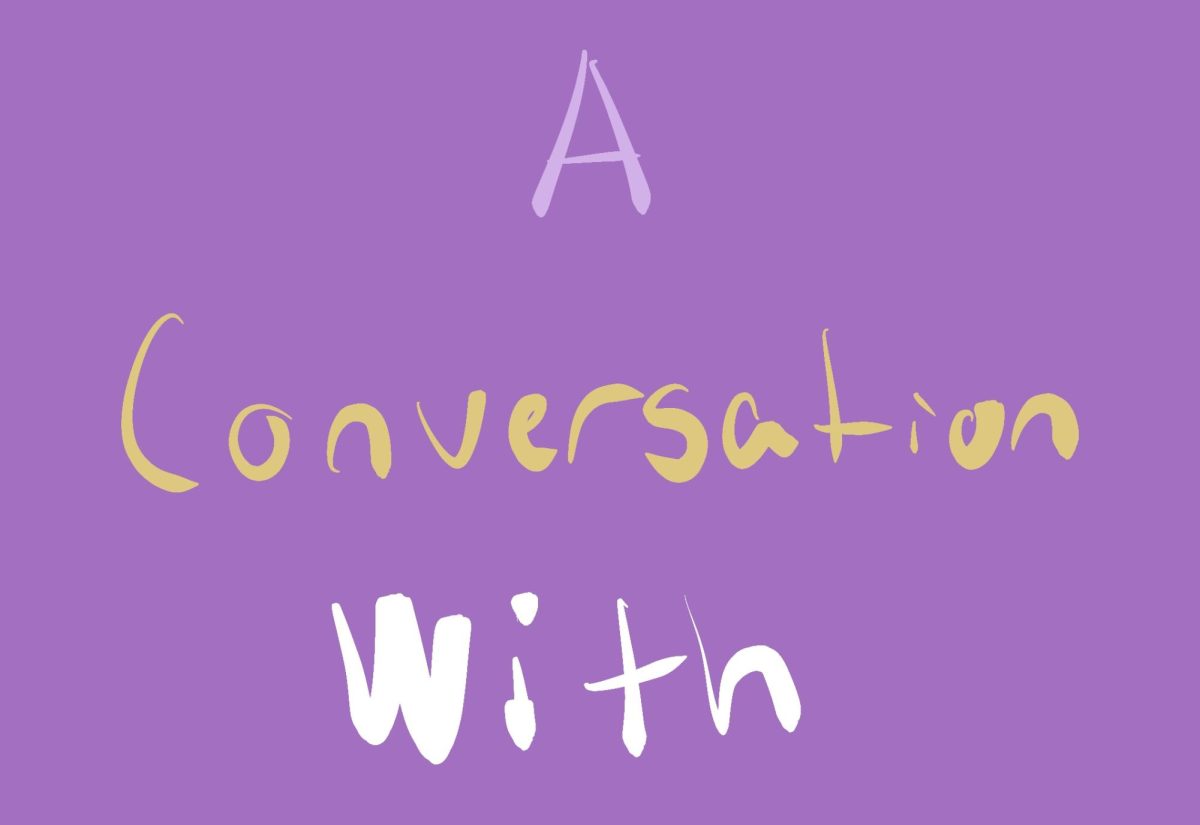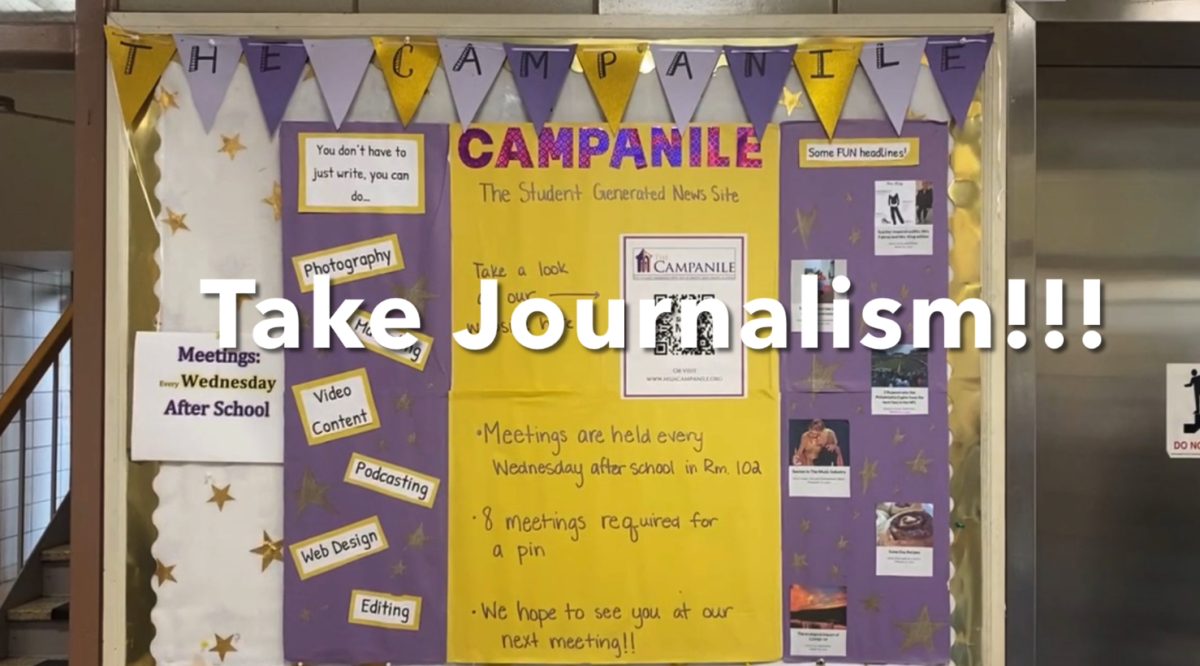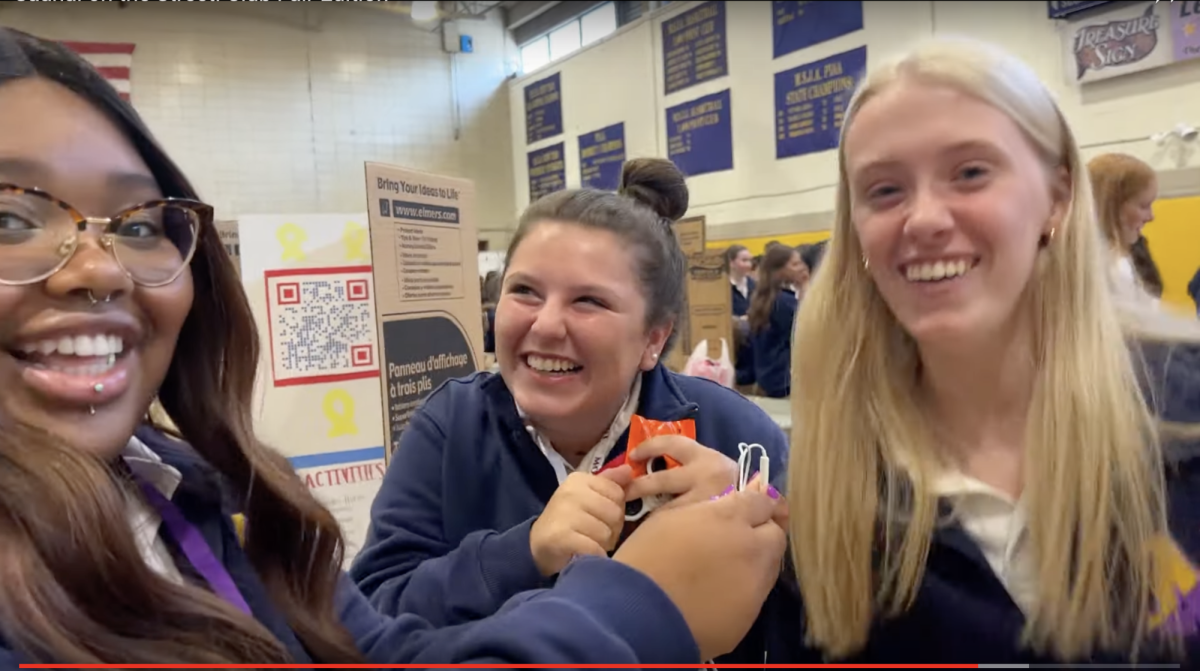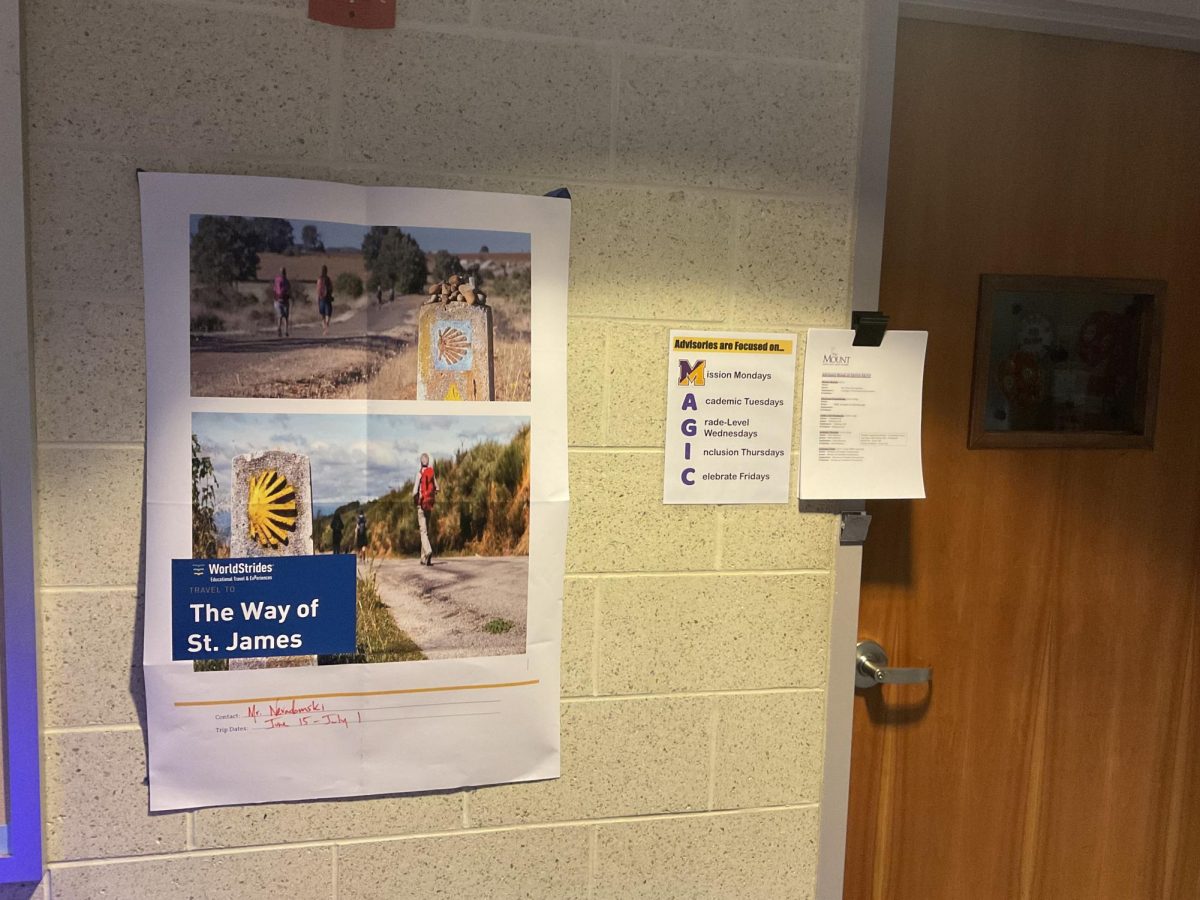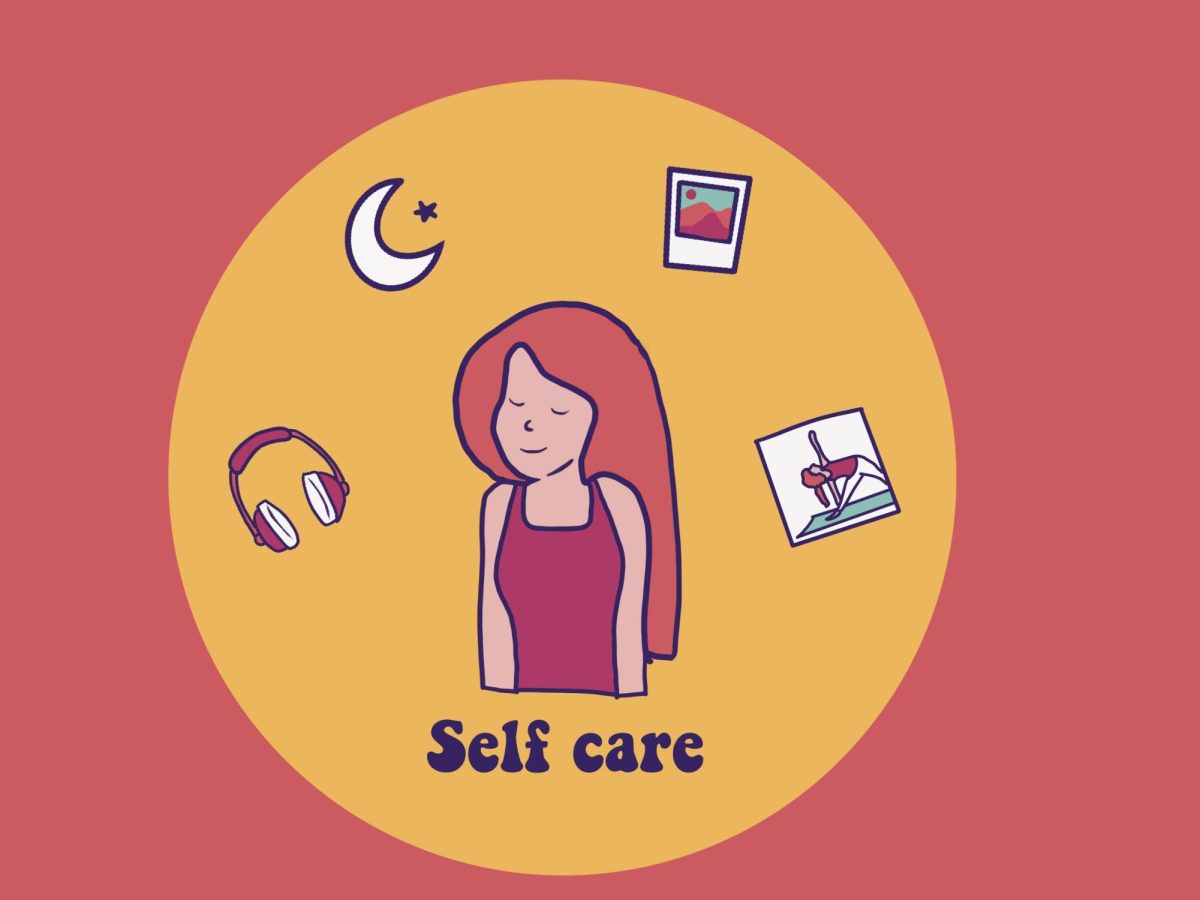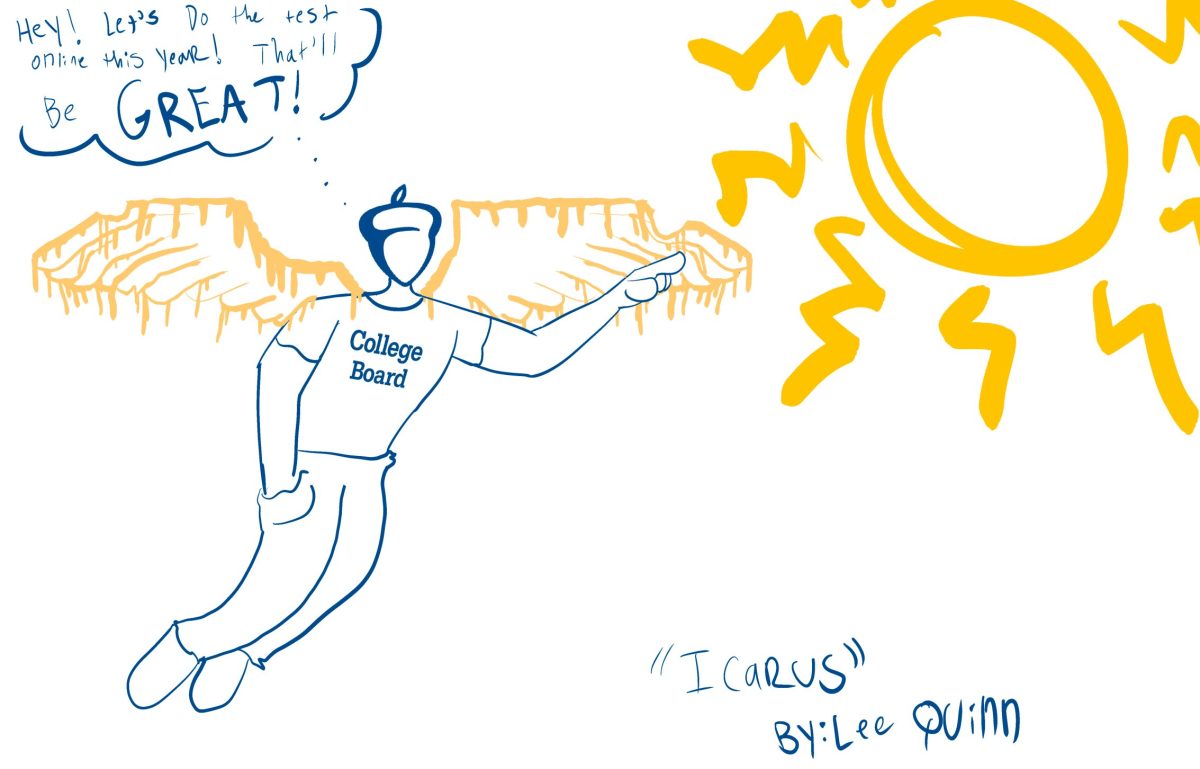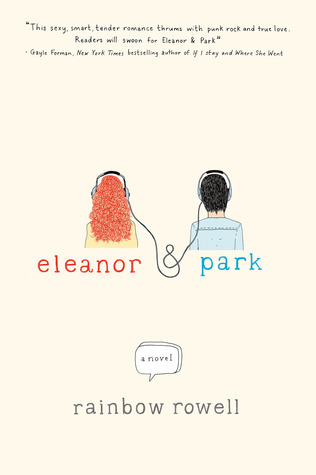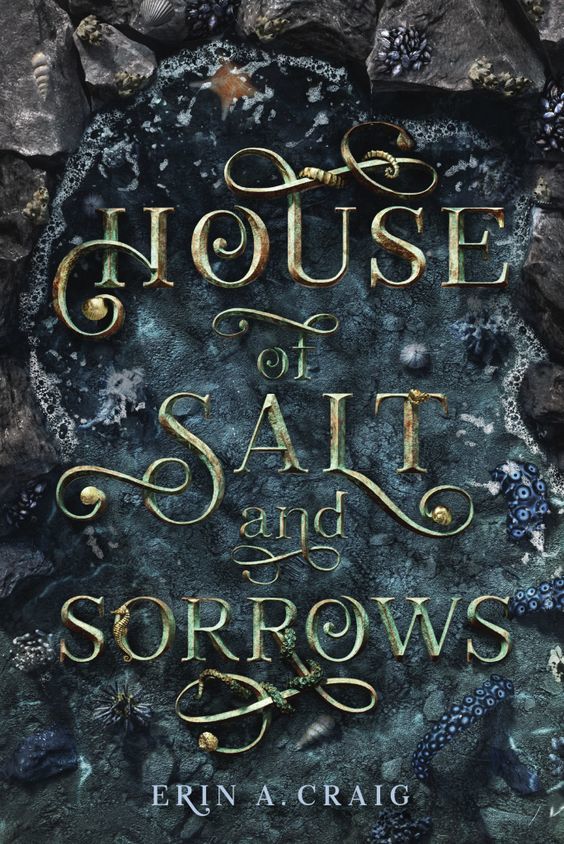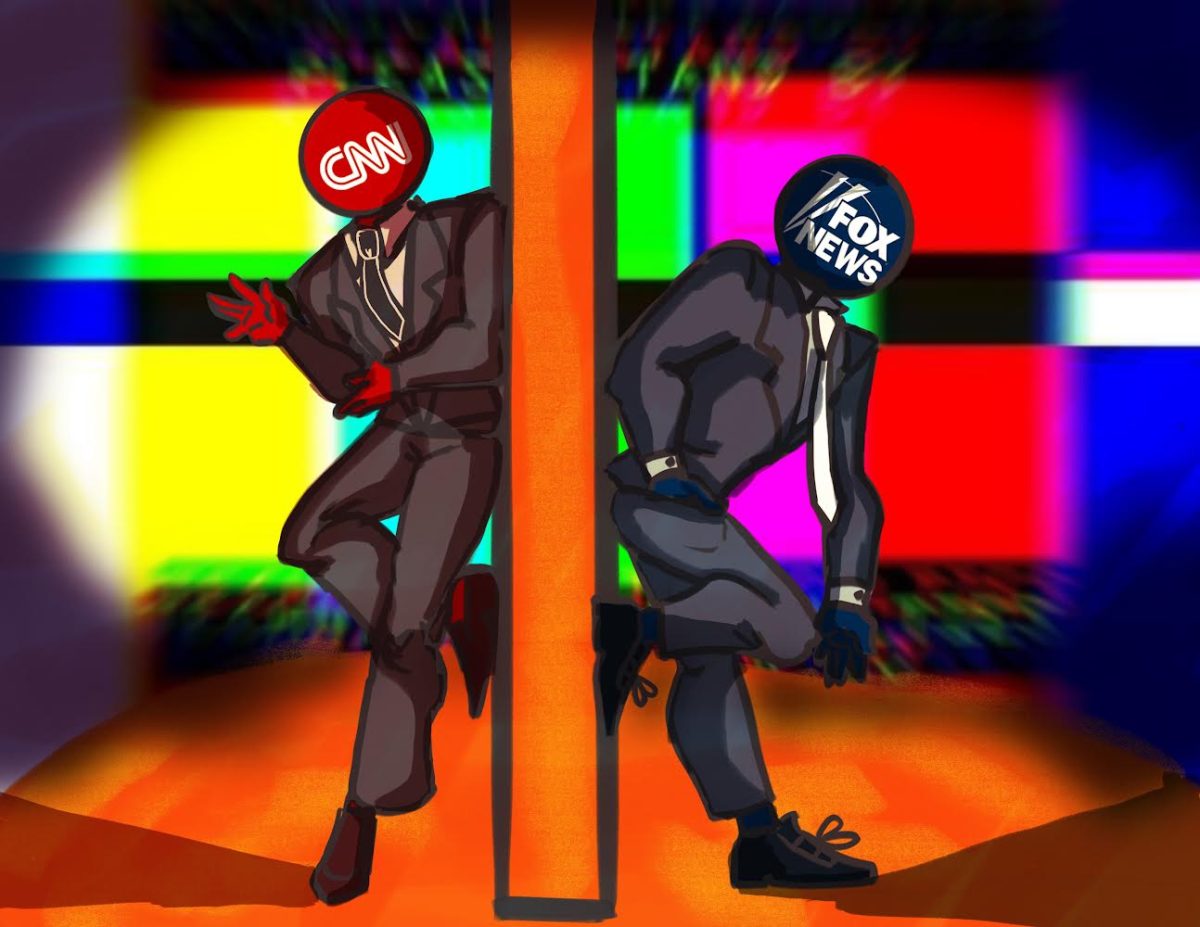A rising factor in politics is social and news media. While there are both benefits and setbacks of social media, it has certainly made an impact on American politics.
Social media does present its positives, giving voices to Americans who have trouble being heard and raising awareness for a variety of political and social issues.
“Raising awareness on civic engagement is great for social media – it might target young people and encourage them to vote, which is good. But if one wants to know about the platform of a political candidate, he or she should read something more in depth. Social media spreads awareness and creates engagement where maybe there may not have been any, but it should not be the only source of our understanding when it comes to political issues,” Mrs. Schools, who teaches AP Government and AP US History, said in an email.
However, with a platform that the whole world has access to comes deadly setbacks and outcomes.
Why biased posts keep users scrolling
Voters flock to Instagram, TikTok, X, and other social media outlets to share their opinions from pasta to politics, posting every last thing that they think. They consume that content without thinking about it, and soon it becomes woven into their belief system without them even realizing it.
The algorithm only feeds consumers content that will keep them on the app, content that it knows they are likely to repost, and often that content is information with which they agree.

According to the University of Michigan’s Michigan News, a Michigan University study found that “people who were exposed to more political attacks on social media were more politically cynical, and that perceived exposure to these attacks was associated with more anger about the state of the U.S., which was subsequently related to greater levels of political cynicism.”
When Americans see something that they don’t agree with, they don’t even consider the opposing opinion. They head straight to the comments section to tell the user that they are wrong. This goes back to points made in a previous article in “the politics problem” series, reiterating that Americans have this terrible desire to always be right, to always “win the conversation.”
Misinformation mayhem dominates socials
Politics is not about winning. It is not a popularity contest. Its very purpose is to prompt discussion, and people are losing sight of that, and the media only amplifies the issue.
According to The National Library of Medicine, something very unique to social media is the rapid spread of misinformation. There are people and politicians alike who see something fake on social media and believe it without question. It is perhaps the most dangerous modern threat posed on the platforms. Furthermore, consumers use it as a reason to condemn the “other side,” using fake evidence which only contributes to more disagreement and fighting.
“News spreads like six times faster when it’s fake,” Lily Dubas ‘26 said.
It is terrifying to see the increase of fake news, especially with the advancement of AI, which politicians have used in campaigns and voters have used in their Instagram stories. Voters have no idea that what they are consuming is factually false.
According to Yale Insights, “By rewarding and amplifying any type of engagement regardless of its quality or accuracy, platforms have created users who will share indiscriminately.“
Misinformation actually makes people scroll even further because it is entertaining. Consumers always want the newest, juiciest information. It does not matter to them whether or not that content is true because they are being entertained. Consuming the news should not be a game show, but an accurate, reliable account of what is going on in the world.
News media supplements political hostility
News media has played a role in the political divide as well. Fox News and CNN are two of the most watched news media channels, and yet while they are reporting the news, viewers are watching completely different takes. CNN leans left, and Fox News leans right, and when viewers are only exposed to one perspective, they are heavily influenced.
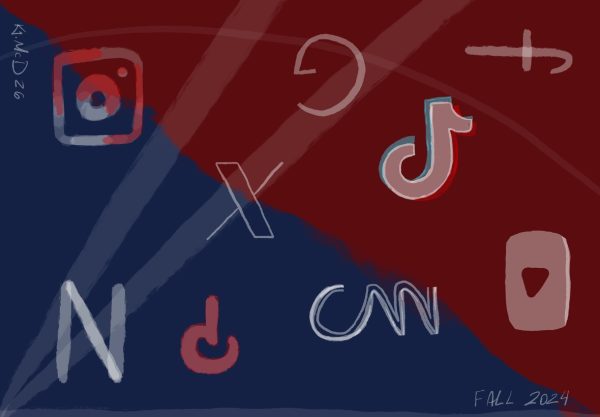
When we consume news, we have to be aware of who is speaking, the perspective they hold, and whether or not it is the only angle to which we are exposing ourselves. Ad Fontes presents a news media bias spectrum that you can visit to find out how biased the content you are consuming is.
Only being exposed to a single opinion is not only dangerous to voters who need all of the facts and views to make an informed decision, but to their children as well. It is paramount that the next generation of voters are able to think for themselves and don’t just adapt their parents’ beliefs, as well as the beliefs of biased strangers on social media.
With the increasing level of villainizing the opposing party, parents are raising their children to do the same. There are kids who have only ever heard Fox News or CNN, and they are not even aware of the fact that they are consuming biased information.
“It’s really important for teenagers these days to have a good head on their shoulders and think for themselves. Get the facts and decide for yourself,” Gabrielle McCall ‘26 said.
“I do think as educators we have a responsibility to the young people today to train students to have the stamina and the curiosity to read in-depth articles on topics on all sides rather than to focus only on small soundbites. We need to raise a generation of Americans who are civically engaged, versed in the history of our nation and curious about how to make America the nation that embodies the spirit of our foundational principles,” Mrs Schools said.

